Even when Latin Americans are allowed to speak, IR scholars and practitioners do not listen to them due to the language in which they produce knowledge, epistemic violence and access barriers.
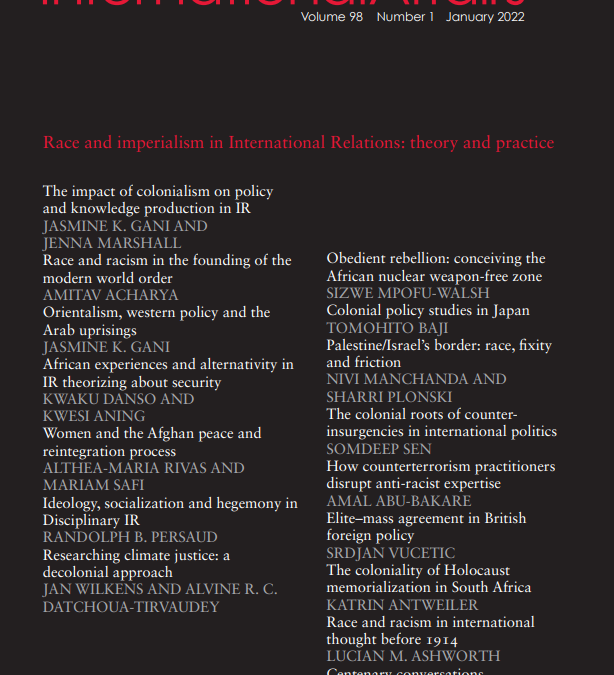

Even when Latin Americans are allowed to speak, IR scholars and practitioners do not listen to them due to the language in which they produce knowledge, epistemic violence and access barriers.

A distinctly unoriginal take on the pathologies of overvaluing academic “novelty.”
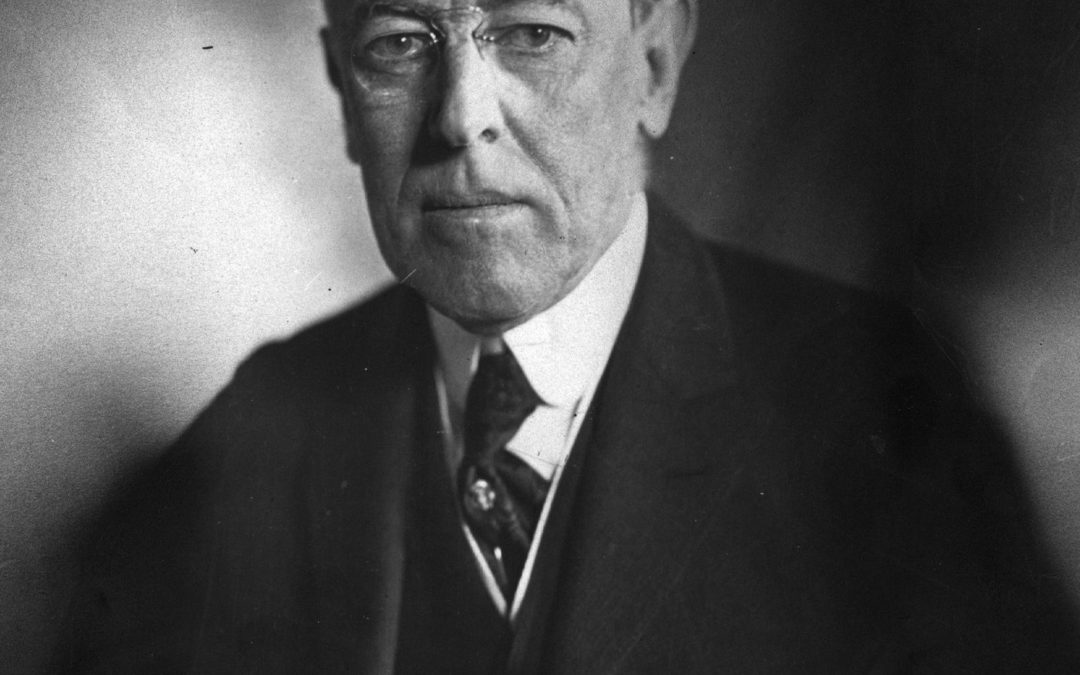
When I first started teaching intro to IR, I closed the semester with lectures on climate change and the second Congo war (or "Africa's world war"). This was part of my effort to include current and...
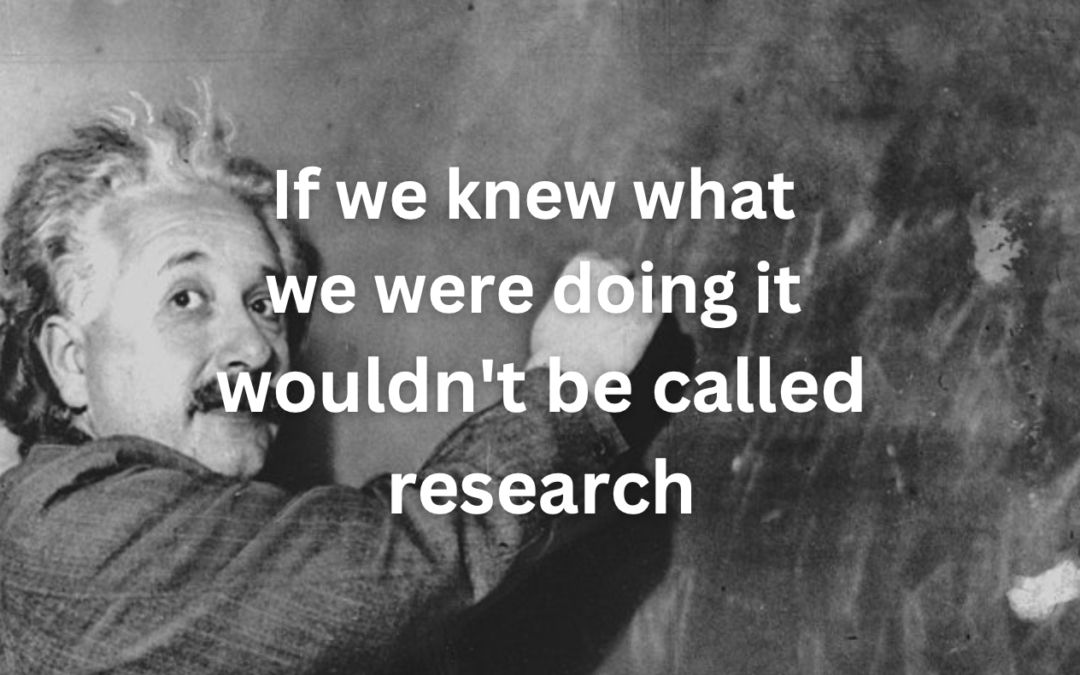
We need a critical strategic studies, or maybe a strategic peace studies. Critical security studies, of course, is a venerable research tradition that I sometimes...
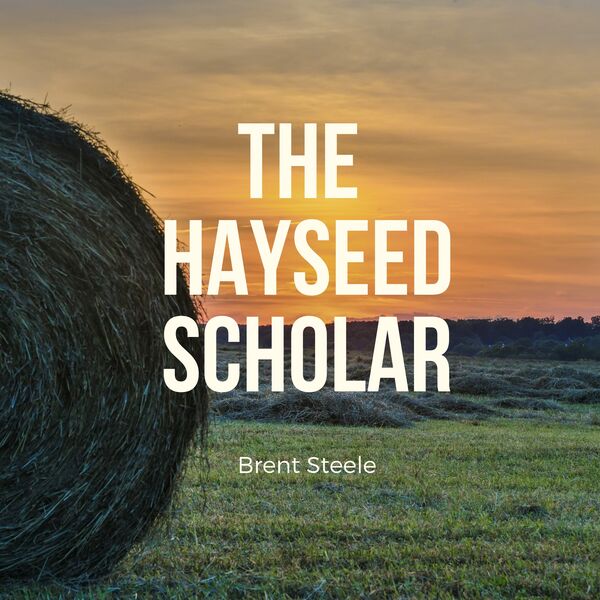
elena Subotic of Georgia State University is an accomplished scholar of International Relations who focuses on the politics of memory and identity, transitional justice, international ethics, and ontological security studies. She spoke with Brent about a number of topics during...
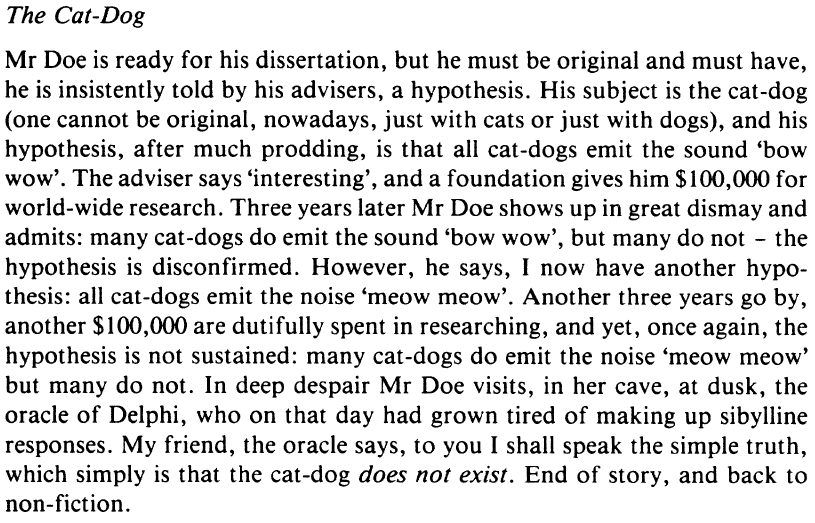
Political science has long had debates over methodology - i.e., ways of knowing about the world - but has had fewer over ontology - i.e. what exists in the world. This was noted by Peter Hall in his 2003 book chapter, “Aligning Ontology and Methodology in Comparative Research,” but other authors...

This is a guest post from Prof. M. Victoria Pérez-Ríos. Pérez-Ríos holds a PhD in Political Science from The Graduate Center, CUNY (City University of New York); and graduated from the Law School of Saragossa, Spain. She is an Adjunct Assistant Professor in the Political Science Department at John...
On October 2, I sat in the audience of the first of six public events in what appears to be MIT’s semester of climate change. Introducing the great and good of climate science, MIT president Rafael Reif made a comment that struck me. To paraphrase, he argued (or at least I think he did, I was...

It's happened to all of us. You get that email "Decision on Manuscript...," open it with a bit of trepidation, just to find a (hopefully) politely worded rejection from the editor. Sometimes this is justified. Other times, however, the rejection is due to the legendary "Reviewer #2," a cranky,...

This post will be quick for me to write, but may suck up the rest of your morning. caveat lector. Rachel Navarre—my friend from grad school, who works at Bridgewater State—compiled what was then an up to date collection of links on Impeachment. As she notes, keeping up with the latest developments...

This is a guest post from Paul Poast, an associate professor in the Department of Political Science at the University of Chicago. Earlier this spring, Poast wrote a post about the Asshole Theory of US Foreign Policy and the structural conditions that may facilitate the United States playing...
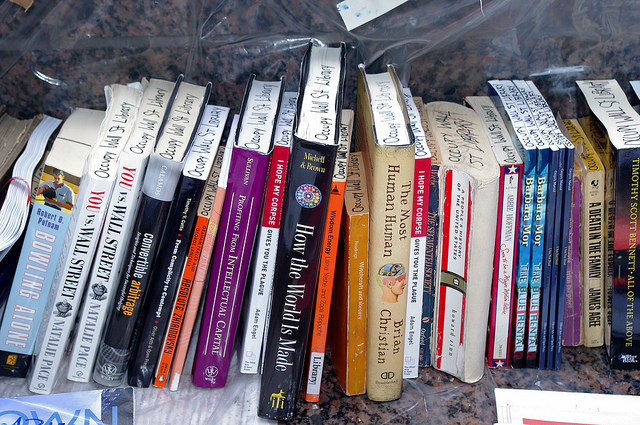
This is a call for a new series that grows out of a panel held at ISA earlier this spring. We have a few posts in process that come from participants on that panel, but we want to open it up to other contributors under the hashtag #ScholarActivism. Questions that you could explore include: What's...

The basic principles that should guide letters and their RFDs hold across every kind of decisions. However, we need to recognize important differences between, say, a rejection and an R&R. In this post, I lay out my thoughts about letters for the types of decisions that we made at ISQ. Not all...

This is a guest post from Matt Evans (mevans8@nwacc.edu), who is Associate Professor of Political Science at Northwest Arkansas Community College. His words represent his own opinions as an individual, and not (necessarily) his employer. This is the fifth in the series on changing the field....
Public Domain — From Pixabay For caveats and background, see my introductory post. Editors write a lot of decision letters. At high-volume journals, editors write so many decision letters that it can become a tedious grind. For authors, though, the information communicated in decision letters...

This is a guest post from James Guild who is a PhD candidate in political economy at the S. Rajaratnam School of International Studies in Singapore. His research interest is economic growth and infrastructure development in Indonesia and Southeast Asia, and his work has appeared in The Diplomat,...